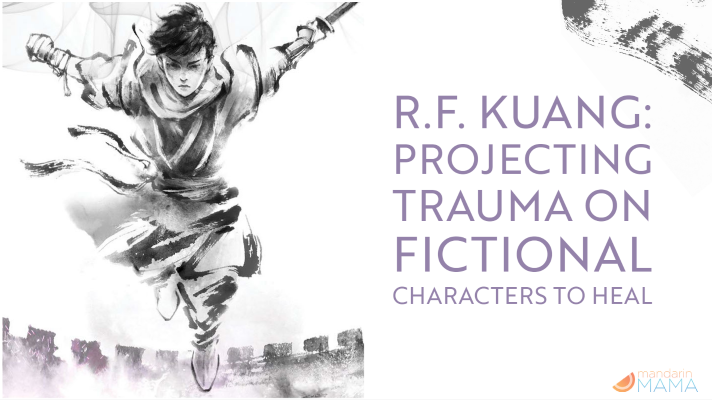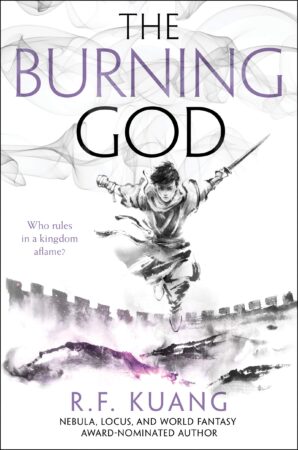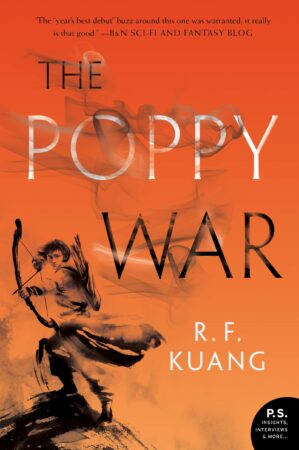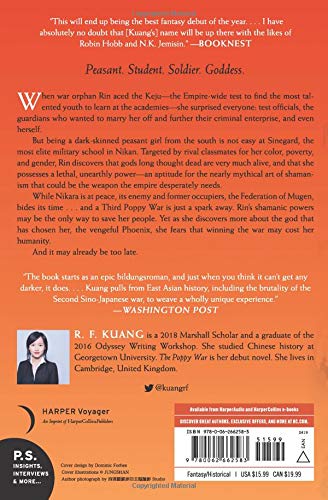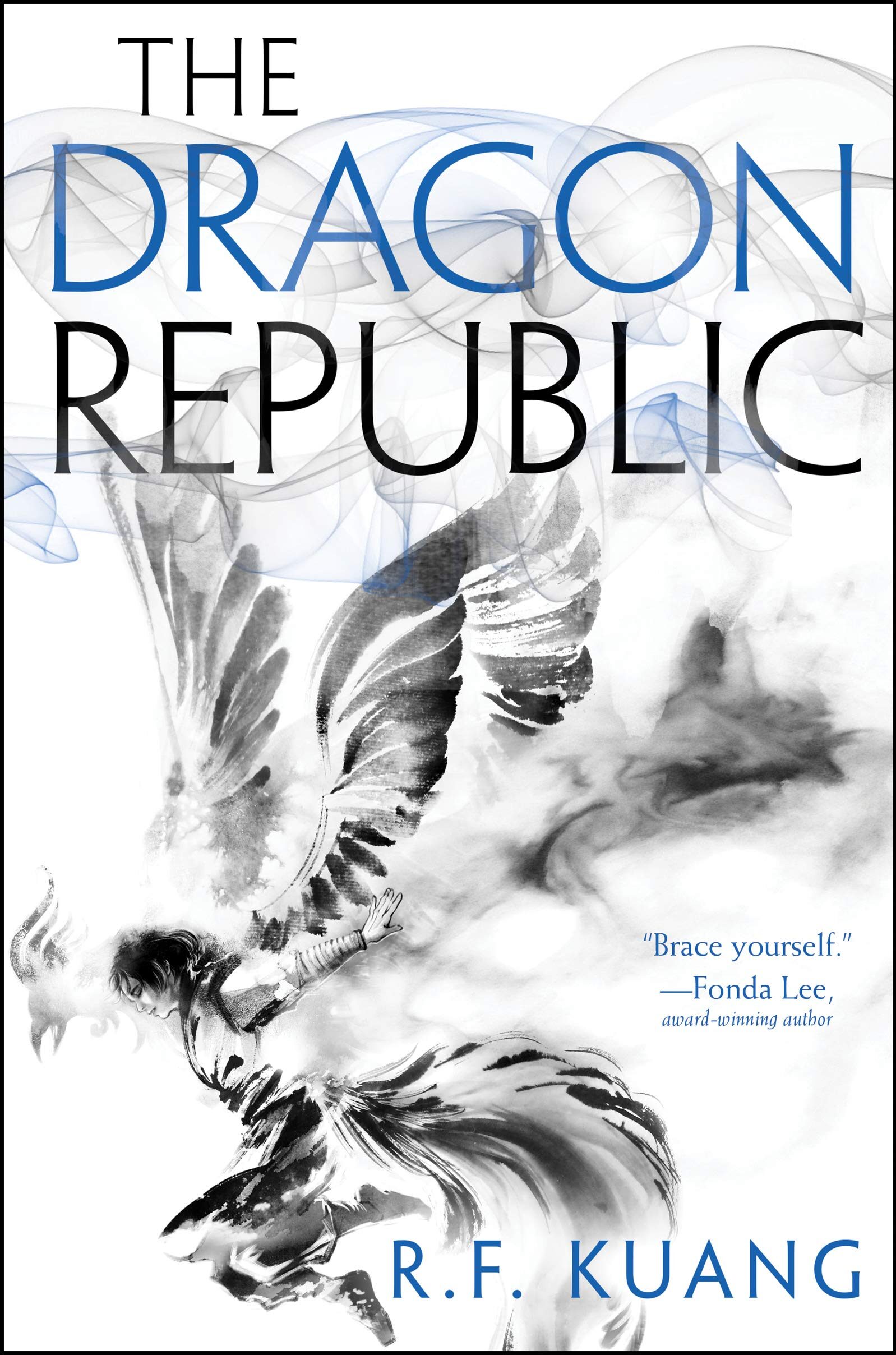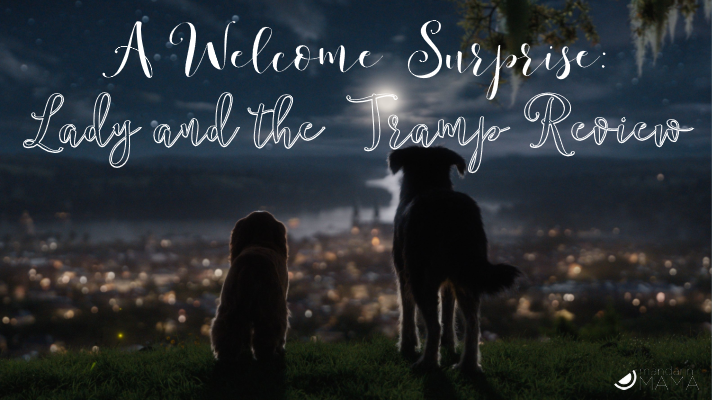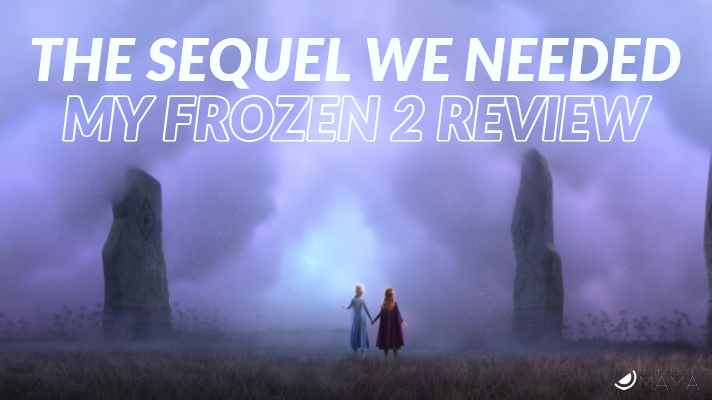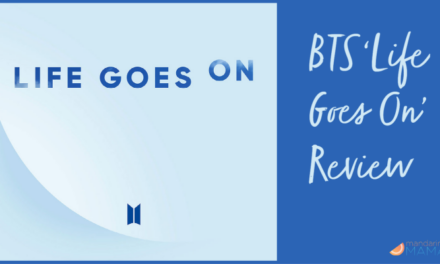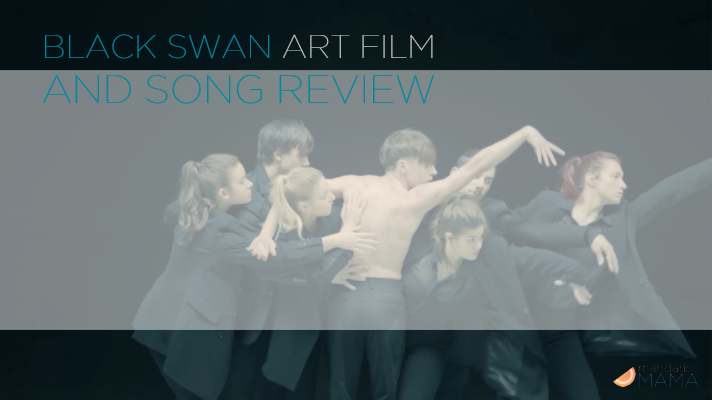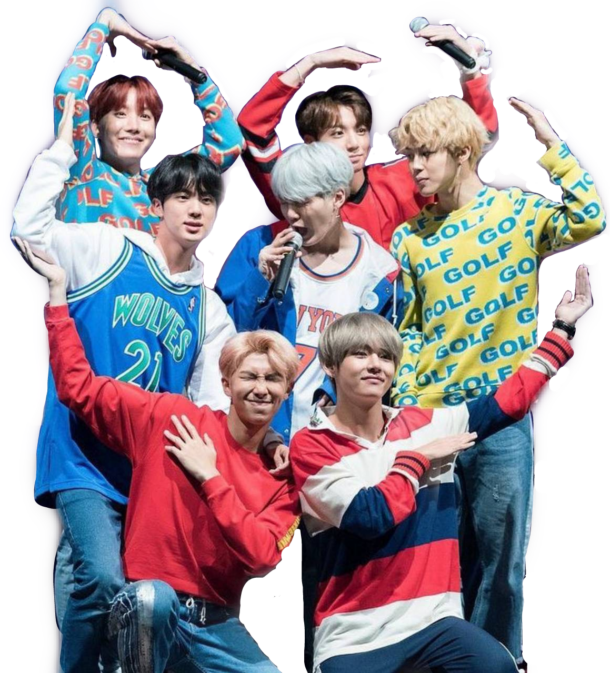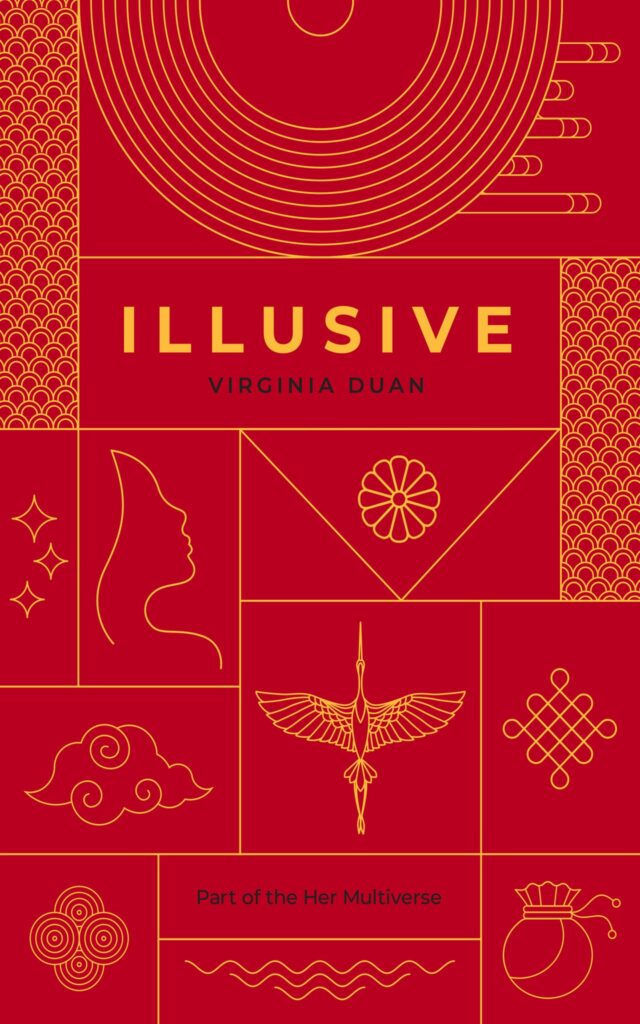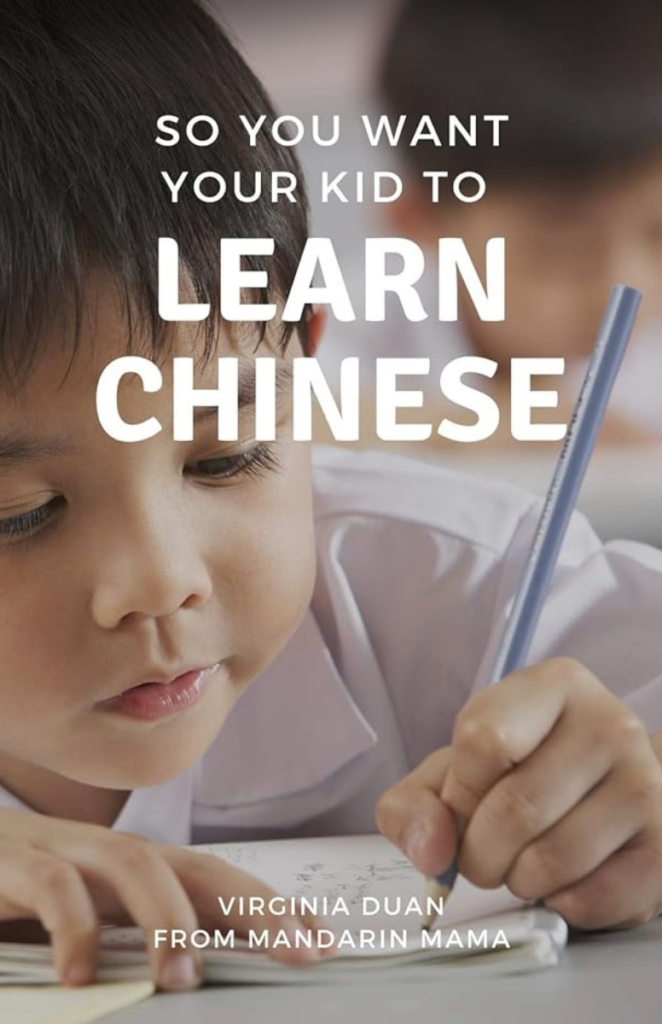This post uses affiliate links.
For long time readers of my site, you know that I am a huge science fiction and fantasy fan. Last year, I had the chance to interview award-winning Chinese American fantasy author R.F. Kuang for Mochi magazine where I am the entertainment editor. This year, in anticipation of the closing book to The Poppy War trilogy, Kuang is on Mandarin Mama as part of her virtual The Burning God book tour!
Kuang is a Marshall scholar, translator, and a Nebula, Locus, and World Fantasy Award nominated author who wrote her debut novel, The Poppy War (TPW), at age nineteen during her gap year. The grimdark fantasy based on the Second Sino-Japanese war published in 2018 — three years after its writing. The sequel, The Dragon Republic (TDR), published in 2019 and the final book, The Burning God (TBG), is releasing on November 17, 2020.

Keep in mind, Kuang also has an M.Phil. in Chinese Studies from Cambridge and an M.S. in Contemporary Chinese Studies from Oxford. Yes, you read that right. She wrote and revised three tightly written books full of action, myth, and political intrigue — while pursuing multiple master’s degrees. And if you weren’t already feeling inadequate, Kuang is now pursuing a Ph.D. in East Asian Languages and Literatures at Yale.
Like seriously, save some brains and talent for the rest of us, Kuang.
The Poppy War trilogy is full of gods and the possession by those gods, war, the threats and aftermath of colonization, and power. Brutal, action packed, and heartbreaking, the sweeping epic series grips you by the throat and if you could breathe, you’d beg for more.
Since the pandemic has made a traditional book tour ill-advised, Kuang is in the midst of an online tour. Below is a glimpse into our email conversation about writing specifics, favorite Asian American books and writers, and maybe a little bit about Korean K-pop band, BTS. It’s less of a traditional interview and more of a casual penpal-esque correspondence, so I hope you enjoy!
Minor spoilers for the first TPW and TDR — no major plot points or plot discussed.
VD: How do you write a story that you’re afraid of or that touches specifically on very real fears and trauma you have? I mean, yes, you could just NOT write it, but what if you really want to write that story? How do you go about writing your worst fears?
RFK: This is such a good question. Certain traumas, for me, are like the gap left by a pulled tooth — I hate writing about them or even thinking about them, but I also can’t help but prod at them. They find their way into my fiction, whether intentionally or not. It wasn’t until I started drafting my fourth career book, which has nothing to do with the TPW trilogy, that I realized how prevalent some recurring themes indeed are in my writing. (I won’t name them here, but you can likely figure them out.) Many of Rin’s experiences come from a place of truth; her relationship with Altan certainly comes from a place of truth.
Writing out trauma by projecting it out onto fictional characters can be a healing process. It helped me look at things from various angles; to try to examine the same event from the perspectives of everyone involved. That helped me move on. But revisiting and writing trauma can also be totally unhelpful — I don’t think there’s a right prescription for everybody. I found writing the TPW trilogy cathartic, but I would not pressure anyone into writing their worst fears. It’s one way to process; it’s not the only way, or indeed always the right way.
Writing difficult topics can be transformative, but so too is reading accounts of cultural trauma that mirror your own. For example, I thought Maxine Hong Kingston’s Woman Warrior, which I read in an Asian American lit class my junior year, was life-changing in the way it so clearly articulated struggles I’d experienced my entire life. Are there any Asian American novels that have created a cathartic reading experience for you?
VD: For me, I was in high school when the movie Joy Luck Club by Amy Tan came out and it gutted me. That and her other novel, The Kitchen God’s Wife, felt so authentic to my experience as an Taiwanese/Chinese American girl — particularly one with a difficult relationship with my mother.
I recall being wrecked by a play adaptation of Maxine Hong Kingston’s Woman Warrior and China Men — which I didn’t read on my own until college. There was one scene where the men in San Francisco dug a hole and shouted out their greetings and longings to their loved ones on the other side of the world in China. As a second generation Taiwanese/Chinese American, I related a lot with how cut off I felt from my relatives in Taiwan and China (most of whom I would never get to meet).
And finally, Ken Liu’s Paper Menagerie and Other Stories hurt me in the best way. It was mostly the title story of Paper Menagerie because by then, I had become a mother and I identified simultaneously with the boy protagonist as well as his immigrant mother. I cried for a very long time.
VD: How do you write action scenes? (this also applies to sex scenes) The problem I run into is that when you see a movie, you can see and process a whole bunch of actions occurring simultaneously. However, when you’re writing a fight, you can’t write like a data list of everything that is happening. That’s mind-numbing and not very actiony (or sexy). So how do you choose what to include — but more importantly, what to exclude?
RFK: I actually think that movies do a really good job of focusing on specific, sequential details that lay out a neat narrative! Real fights are actually so boring to describe — everything happens very quickly, someone gets lucky or someone’s attention slips, and that’s the end of it. But you want a drawn-out, suspenseful back and forth to tell a good story. You want everyone to get a good punch in. You want the hero to take a bad blow, rebound, and emerge victorious.
And lots of visual media do this quite well. In fact, instead of movies, I’ve gotten my training in writing fight scenes from reading/watching manga and anime! Manga fight scenes are so stylized and not remotely realistic — every blow is punctuated by such long dialogue about the characters’ opposing ideologies and personalities, and every move or fighting style or even weapon choice is somehow reflective of the character’s inner self. I love that. The fights function as dialogue — and I think that’s the best way to approach a fight scene, at least in epic fantasy.
What are some of your favorite fight (or sex!) scenes in fiction? I love the martial arts battles in Fonda Lee’s Jade City — you can tell they’re written by a real-life martial artist, because she so vividly describes each blow, the attendant technique, and its ramifications.
VD: I love the action scenes from Brandon Sanderson’s Mistborn series. (Actually, all of his books, really.) Because he is describing magic systems and fighting within systems that readers are unfamiliar with, he has the dual dilemma of explaining the magic system, its laws, as well as the action/fight scenes. And yet, none of it is boring. It was transformative for me because it was the first time I had read a fantasy world with a rigorous magic system that had logic and sense and limits to it versus hand waving and “magic” explaining away how things worked.
How often do you use throw away details or information that is tossed in a conversation but actually turns out VERY IMPORTANT later? Like Chekhov’s gun but perhaps not as obvious or dun dun dun? (I can’t even articulate good questions today.) Mostly, I mean, when is a subtle detail too subtle and not enough preparation for the reader and when is it well laid foundation?
RFK: I always do my foreshadowing last! Which is to say, I don’t write a scene or conversation where I lay hints for what comes later without having first written that later scene. (I didn’t always do this…for example, in The Poppy War, I foreshadowed a few things that never came to be, such as a plot point involving the Red Junk Opera, and I also foreshadowed promises that at the time, I had no idea how to keep. Would you believe that I had no idea what the Trifecta backstory was until I sat down to draft The Burning God? That’s so irresponsible! Don’t do that.)
Once that later scene is written, it’s then easier to go back and decide the perfect amount of information to reveal to the characters without giving away the entire game. I was once taught that a satisfying ending to a story would feel “surprising, yet inevitable.” I think that’s a good rule of thumb to apply to foreshadowing as well.
One form of foreshadowing that I particularly enjoy doing is introducing debates over conflicting versions of a story. In the TPW trilogy, there are lots of different narratives around historical events and legends, such as what really happened on Speer the fateful night that all of the Speerlies were killed, or whether Tearza the Speerly Queen was in love with the Red Emperor or not.
These conflicting accounts reveal more about the characters who would like to believe one thing or another — the past, as they say, is always determined by the present. And I’ve found this is an effective way of foreshadowing without giving away too much, because it leaves multiple possible alternatives open until the twist.
I’ll turn this craft question back around at you! As a nonfiction writer, you’re regularly tasked with filtering a story down to its most relevant details. How do you decide what to keep and what to cut?
VD: HA! As someone whose tagline is using ten words when one would do, I’m a terrible person to ask. In general, I try to think about what I am trying to convey. What is the narrative I am crafting? What do I want readers to feel and come away with from the story — whether personal narrative think piece or a profile or review? I try to approach with the end in mind, but when writing, I often include excess info. Then I go back and pare it down — and sometimes, I add additional details to make it more “round” or full.
While your narrator isn’t entirely unreliable — her stories are filtered through her experiences (as all of ours are — and something I find very interesting about non-fiction stories) and hence, biased and don’t get the full story. For books/graphic novels/manga I think handle the unreliable narrator trope especially well, I love Megan Whalen Turner’s The Queen’s Thief series. She’s especially deft at providing clues of what actually happened and what is being interpreted by the narrator and what is being purposefully hidden by the other characters.
RF: Finally, I’d love to ask about your experiences in K-pop fandom! It’s something I know nothing about, and I’m always so curious when people bring up the broader sociopolitical implications of fandom. What did you mean by the particular challenges of being a middle-aged BTS fan?
VD: Ah, the essays that I have written on this particular topic! In short, it is manifold:
1) The tendency of media to characterize fandom as teenage girls when the majority of fandom is 25+ — this is problematic because:
a) Teenage girls and their enthusiasm and love are valid and legitimate and using their age and sex as a means to demean and diminish BTS/K-pop fans is sexist and ageist.
b) Diminishes the variety and diversity of BTS/K-pop fans.
c) Makes older fans feel alone and isolated when in reality — they comprise the majority of fandom. (This can be seen in all sectors of being a fan — even fan fiction!)
2) Society penalizes women who want (sexual or otherwise – let us not pretend BTS and K-pop are not sexy) but ESPECIALLY older women who want. Whether from society, friends, family, and the “young” contingent of fandom, we’re made to feel as if we’re dirty, an anomaly, or pedophiles.
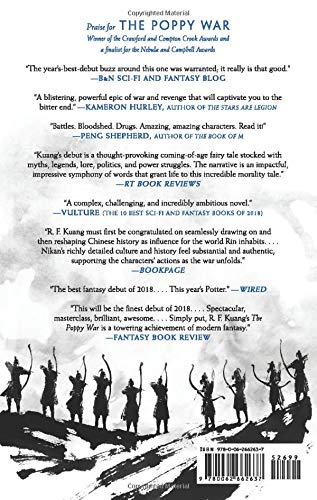
3) Add onto that with the responsibilities of work, running households/businesses, raising children, caring for parents and older family members, spouses/partners, finances, etc., it can be tough to allocate funds or time to enjoy the things we enjoy without guilt or fear.
In general, I do enjoy K-pop (but especially BTS for their message, their lyrics, personalities, and music) in great part because they are East Asian and growing up Taiwanese in America, I rarely ever saw Asian men as desirable or Asians in the arts. It has been a very healing experience.
Check out R.F. Kuang’s books, The Poppy War, The Dragon Republic (TDR), published in 2019 and the final book, The Burning God (TBG). Follow her @kuangrf on Twitter and Instagram.

